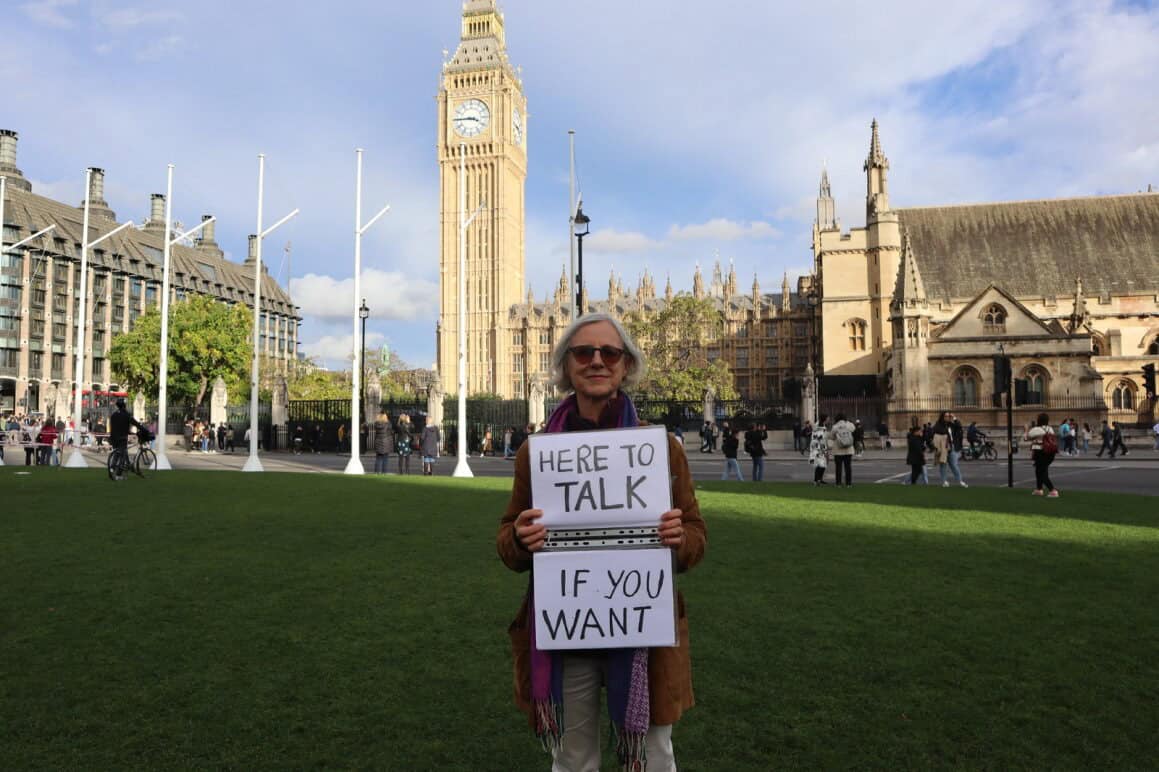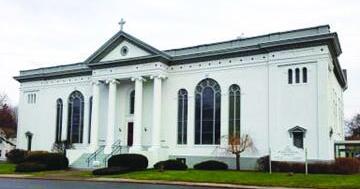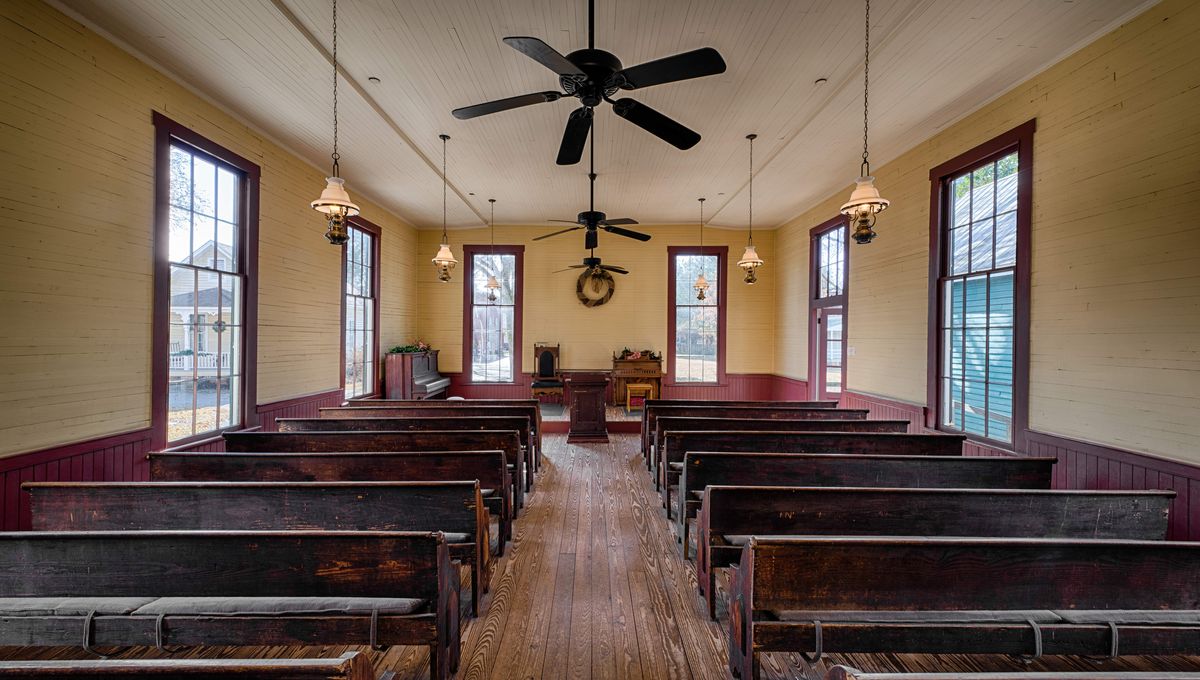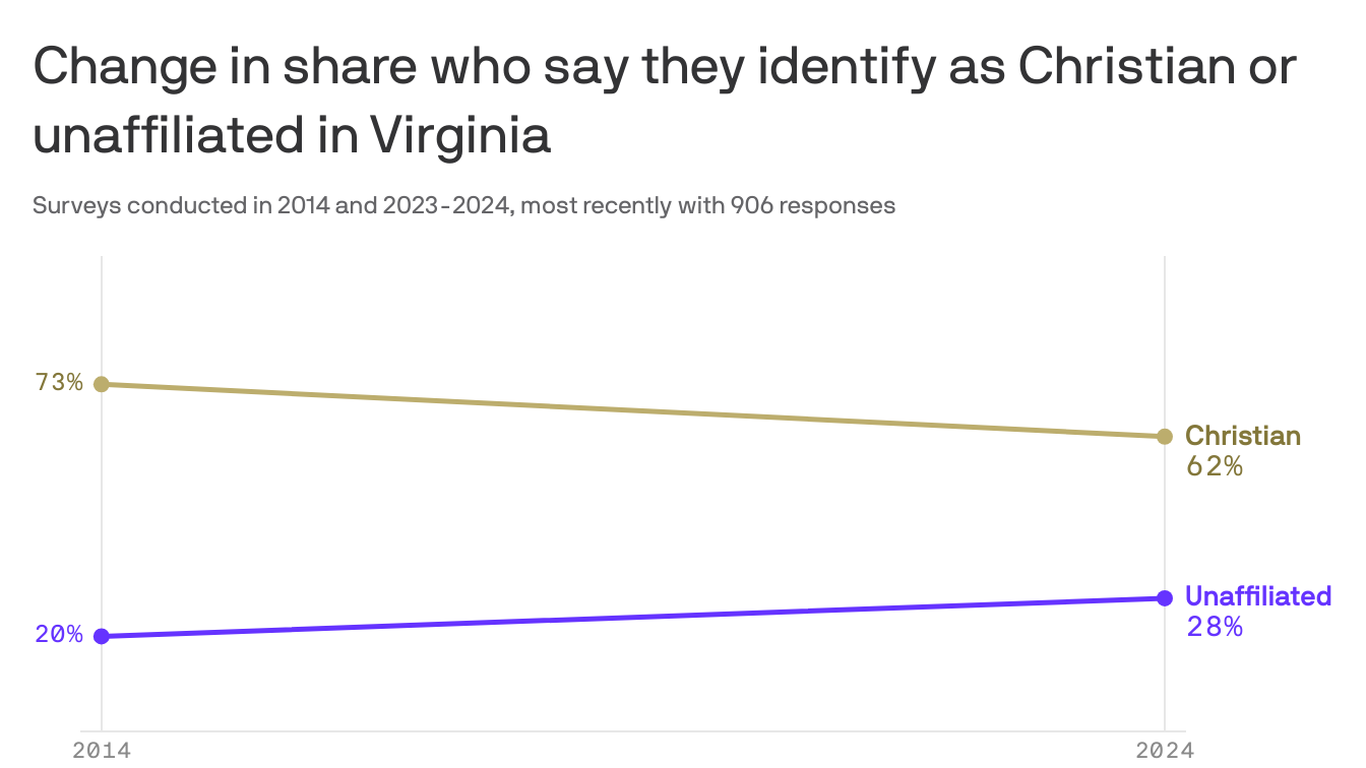Breaking the Silence: How Awareness Can Shatter the Chains of Religious Abuse
Religion
2025-03-26 18:58:17Content
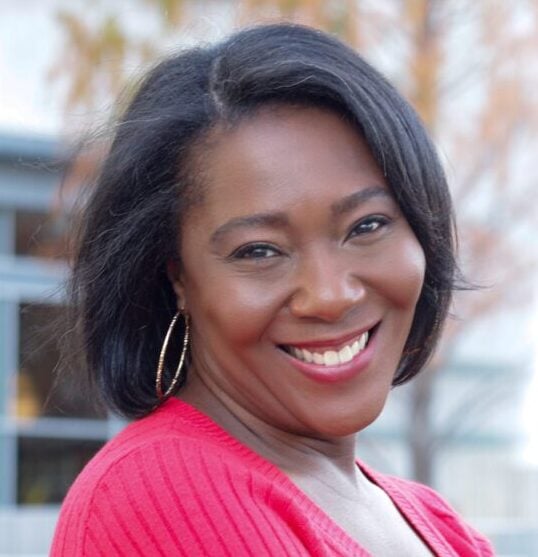
Spirituality has long been a cornerstone of personal well-being, offering solace and strength to many. Yet, for a growing number of Black Americans, traditional religious institutions are no longer providing the sanctuary they once did. The complex historical and contemporary challenges within religious spaces have prompted a significant shift in spiritual exploration and personal faith.
As communities grapple with systemic inequalities and evolving social dynamics, many individuals are seeking alternative paths to spiritual fulfillment. The disconnect stems from deep-rooted issues of representation, historical oppression, and a desire for more inclusive and empowering spiritual experiences. This transformation represents not a rejection of spirituality, but a profound reimagining of what spiritual connection and personal growth can look like.
Modern Black Americans are increasingly crafting personalized spiritual practices that honor their cultural heritage while embracing individual authenticity. From meditation and holistic wellness to community-centered healing practices, people are finding new ways to nurture their inner selves and connect with something greater than themselves.
Spiritual Exodus: The Changing Landscape of Faith in Black American Communities
In the intricate tapestry of cultural identity and personal belief, Black Americans are experiencing a profound transformation in their spiritual journeys. The traditional religious institutions that once served as pillars of community and solace are now facing unprecedented challenges, as individuals seek more authentic and empowering paths to spiritual fulfillment.Navigating Spiritual Transformation: When Tradition Meets Personal Truth
The Historical Context of Religious Engagement
The Black community's relationship with religious institutions has been deeply complex and multifaceted. Historically, churches have been more than mere places of worship—they were sanctuaries of resistance, community organizing, and cultural preservation. From the days of slavery through the Civil Rights Movement, religious spaces represented hope, solidarity, and collective strength. However, contemporary Black Americans are increasingly questioning the relevance and authenticity of these traditional religious frameworks. The evolving spiritual landscape reflects a generation's desire for more nuanced, personal, and inclusive spiritual experiences. Young Black individuals are no longer content with inherited religious narratives that may feel disconnected from their lived experiences and contemporary social realities.Psychological and Sociological Dimensions of Spiritual Disengagement
Psychological research suggests that spiritual disengagement is not a rejection of faith itself, but a critical reevaluation of institutional religious practices. Many Black Americans report feeling marginalized within traditional religious structures that have historically perpetuated patriarchal, heteronormative, and sometimes oppressive narratives. The emergence of alternative spiritual practices—including meditation, ancestral healing, indigenous wisdom traditions, and personalized spiritual exploration—demonstrates a profound shift. These approaches offer more holistic, intersectional, and empowering frameworks for understanding spirituality beyond rigid doctrinal boundaries.Social Justice and Spiritual Authenticity
Contemporary spiritual seekers are demanding alignment between religious teachings and social justice principles. The disconnect between proclaimed religious values and actual community support has become increasingly apparent. Many are seeking spiritual communities that actively engage with systemic racism, gender equality, LGBTQ+ rights, and economic justice. This transformation represents more than a religious trend—it's a profound cultural recalibration. Black Americans are reclaiming spiritual agency, creating spaces that honor individual experiences while maintaining collective cultural connections.Technological Impact on Spiritual Exploration
Digital platforms have revolutionized spiritual discovery, providing unprecedented access to diverse philosophical and religious perspectives. Online communities, podcasts, webinars, and social media groups offer alternative spaces for spiritual dialogue and exploration. Young Black individuals are leveraging technology to connect with global spiritual traditions, challenge conventional narratives, and construct more personalized spiritual identities. This digital spiritual ecosystem allows for unprecedented cross-cultural understanding and individual empowerment.Healing and Holistic Well-being
The shift away from traditional religious institutions is simultaneously a movement toward holistic personal healing. Many are recognizing spirituality as a comprehensive approach to mental, emotional, and physical well-being, rather than a compartmentalized weekly ritual. Practices like mindfulness, energy healing, ancestral reconnection, and trauma-informed spiritual approaches are gaining prominence. These modalities offer more personalized pathways to understanding self, community, and universal interconnectedness.Future Implications and Cultural Resilience
This spiritual transformation signals a remarkable moment of cultural evolution. It represents not a decline in spiritual engagement, but a sophisticated reimagining of what spirituality can mean in the 21st century. Black Americans are demonstrating remarkable adaptability, creating spiritual frameworks that are simultaneously rooted in rich cultural traditions and responsive to contemporary social dynamics. This ongoing journey promises continued innovation, healing, and collective empowerment.RELATED NEWS
Religion
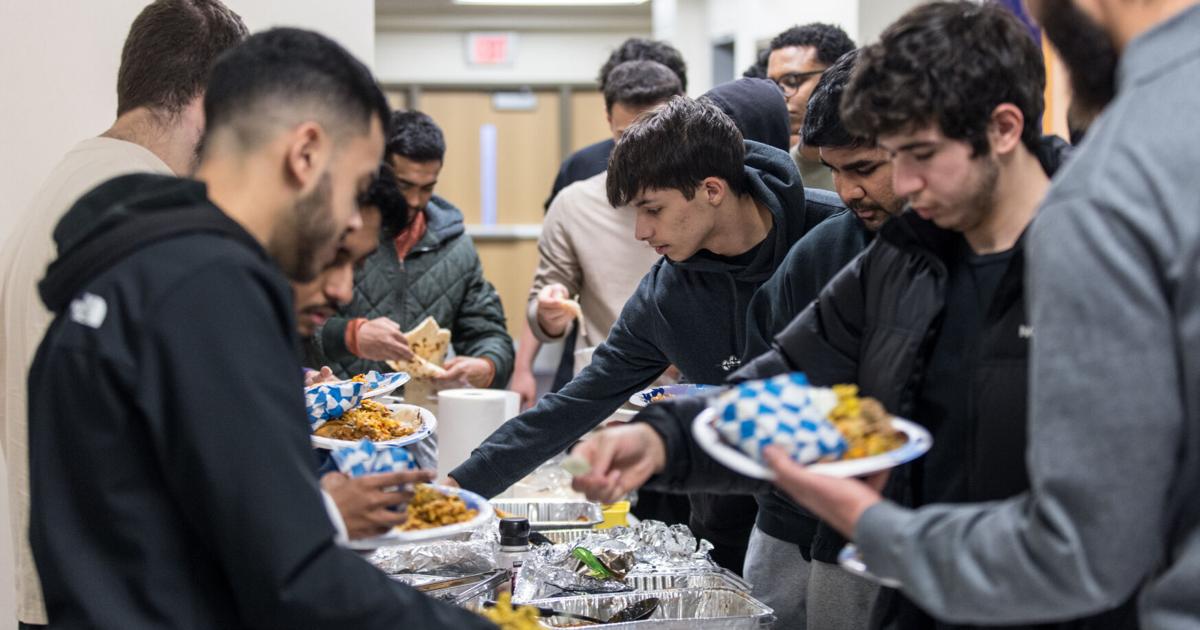
Faith and Fellowship: Shenandoah Valley Muslims Unite in Joyous Ramadan Celebration
2025-03-04 11:00:00
Religion

Faith, Education, and Law Collide: Supreme Court Set to Tackle Oklahoma's Charter School Controversy
2025-04-29 10:40:21
Religion
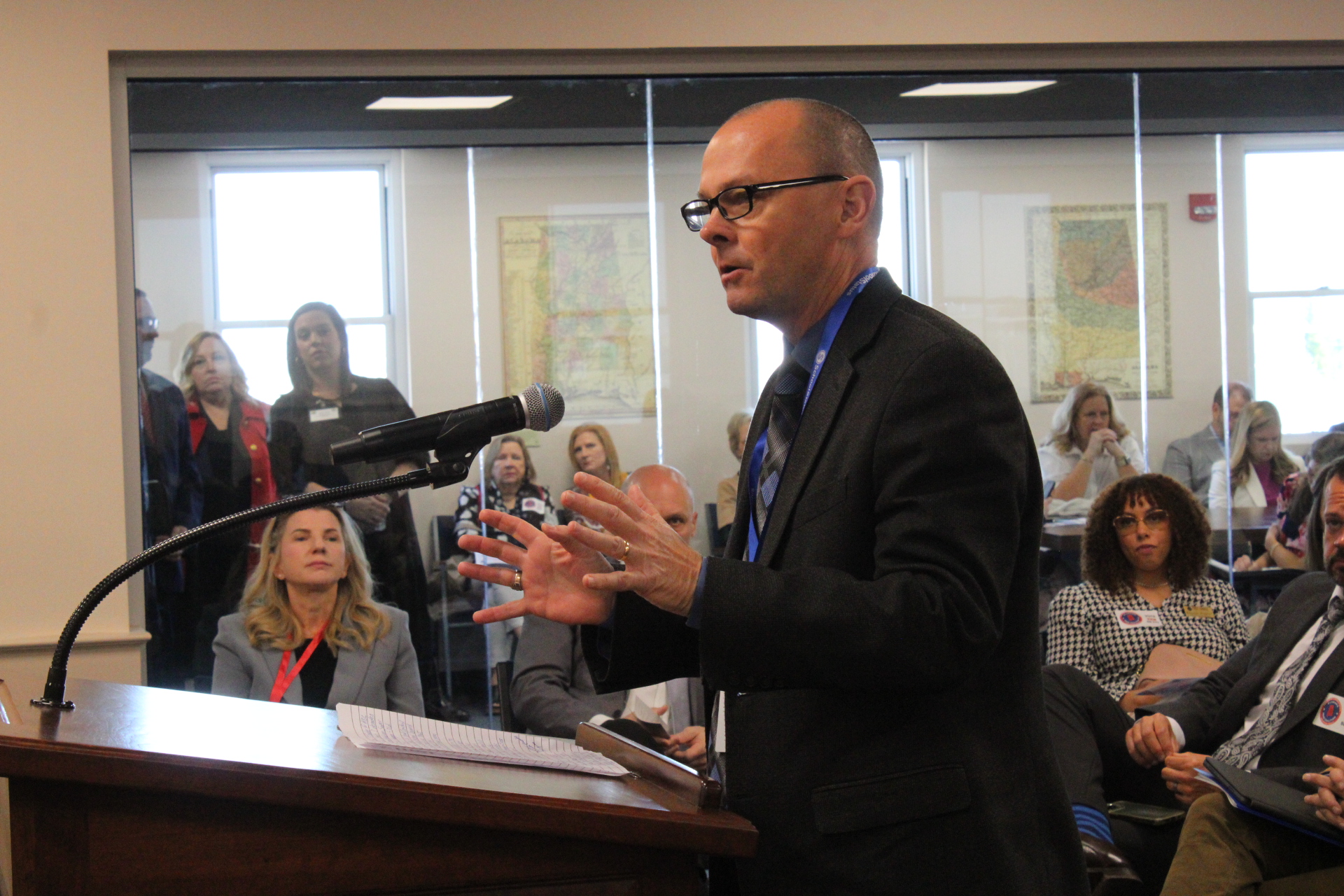
Faith, Friction, and Legislation: Alabama Senate Wrestles with Classroom Prayer Bill
2025-04-15 11:57:31
